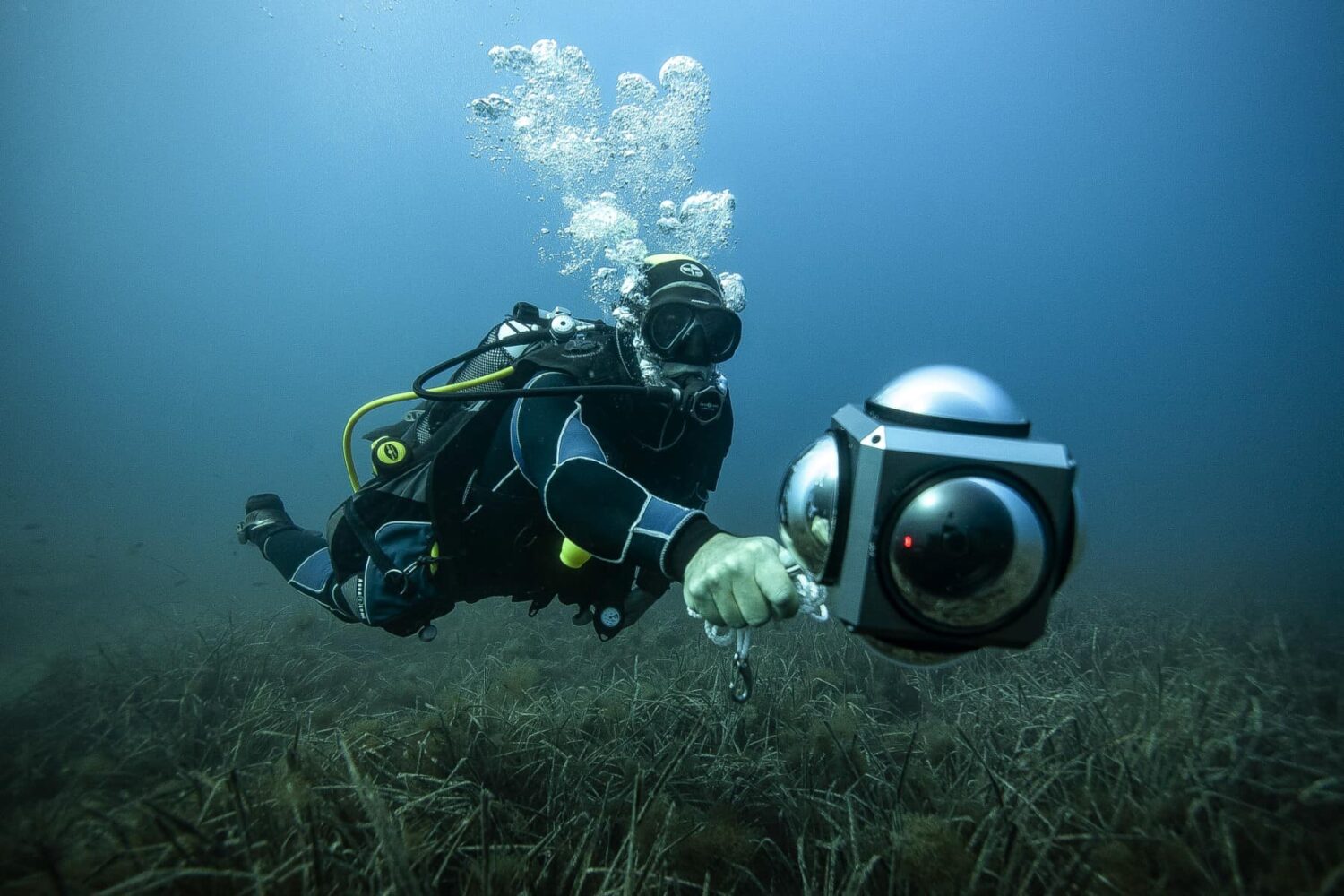ABU DHABI, UAE – The Environment Agency – Abu Dhabi (EAD) has issued a policy on sustaining marine water quality that reviews the current situation and main challenges related to marine water in the emirate.
The policy is part of EAD’s efforts to maintain and sustain Abu Dhabi’s marine waters and limit practices that can cause marine pollution.
The policy aims to develop relevant legislative and regulatory frameworks and halt discharges that may have adverse impacts on the marine environment by fostering recycling and reuse programs.
It will develop a program that enhances preparedness in cases of emergency that affect marine water quality.
The policy will also improve knowledge and awareness about the potential adverse impacts of pollutants, proposing solutions to its mitigation.
The policy is part of a sustainable solution to achieve EAD’s vision.
Implementing the policy will improve the performance of environmental indicators in the emirate, ensure the sustainability of fishing activities as part of the emirate’s social heritage, and promote recreational, tourism and marine sports activities.
Throughout the policy document’s development process, EAD worked closely with stakeholders and strategic partners through workshops, bilateral meetings, and knowledge-sharing.
The policy aligns with national and local policies, plans and strategies, including the National Food Security Strategy 2051, the UAE Water Security Strategy 2036, Plan Maritime 2030: Abu Dhabi Coastal and Marine Framework Plan, the National Plan for Combating Marine Pollutants 2019, and the Abu Dhabi State of Environment Report 2017.
Secretary General of EAD Dr. Shaikha Salem Al Dhaheri said, “The sustainability of coastal and marine resources plays an important role in their preservation across generations, which enhances the social, economic and environmental value of coastal and marine areas.”
She said, “These include tourism, transport, oil and gas exploration and commercial uses, in addition to the contributions of other sectors such as heritage, marine environments and protected areas.”
She added, “These natural resources could be exposed to threats in case there is a deterioration in marine water quality which may also cause habitat loss and reduction in attractive and endangered species, biodiversity and environmental services.”
The policy will be implemented in the emirate under EAD’s supervision through cooperation with strategic partners at the local and federal levels.
The Secretary General said, “EAD will also analyze the impact of the policy’s implementation based on systematic procedures that will help us attain our goals.”
The policy implementation tools include initiatives that seek to manage discharges to the marine environment more sustainably, complete the relevant regulatory frameworks and respond to environmental emergencies as per the UAE’s national policies, programs and plans.

